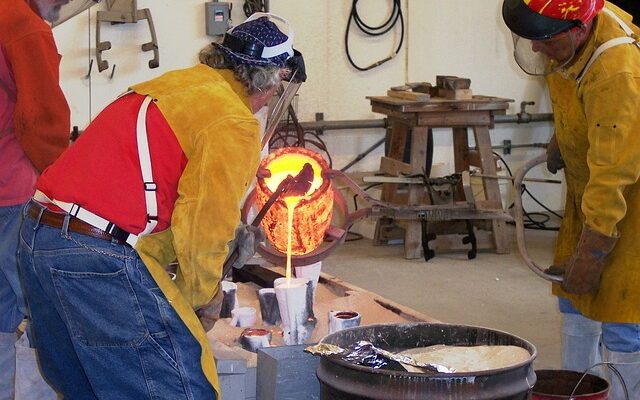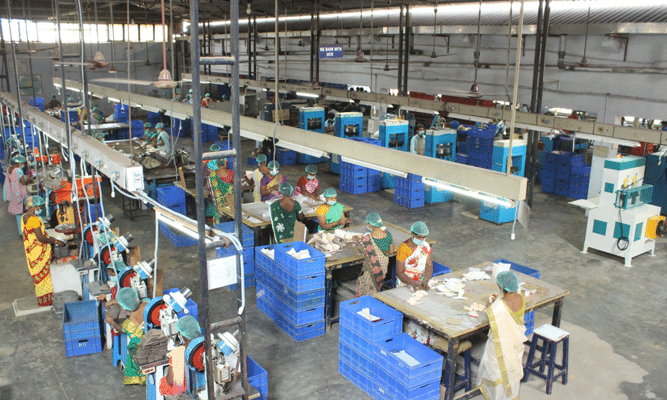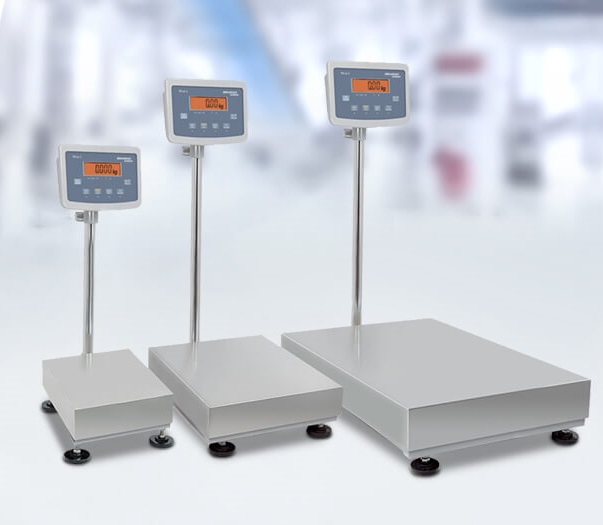Casting is a manufacturing process in which molten metal is pour into a mold to form a specific shape. In the automotive industry, castings refer to parts made through this process that are use in the manufacturing of vehicles.
Automotive castings can include a wide range of parts such as engine blocks, cylinder heads, transmission cases, suspension components, brake components, and more. These parts can be made from a variety of metals such as aluminum, iron, and steel, depending on the specific application and requirements.
The casting process offers several benefits for automotive manufacturers, including the ability to create complex shapes with high accuracy, consistent quality, and high strength-to-weight ratio. These qualities make castings a popular choice for critical automotive components that require high reliability and durability.
Benefits Of Castings For Automotive
There are several benefits of using castings for automotive manufacturing:
- Design flexibility: The casting process offers a great deal of design flexibility, allowing for the creation of complex shapes and geometries that would be difficult or impossible to produce using other manufacturing methods. This flexibility allows automotive manufacturers to create parts that are lighter, stronger, and more efficient.
- Reduced cost: Compared to other manufacturing processes, casting can be a more cost-effective way to produce large quantities of parts. Once the casting mold is create, it can be used to produce many parts at a lower cost per unit.
- Improved quality: Castings offer consistent quality and uniformity, with little variation from one part to the next. This results in more reliable and predictable performance, reducing the risk of failure or malfunction.
- Strength-to-weight ratio: Castings can be made with high-strength materials that offer excellent strength-to-weight ratios. This allows automotive manufacturers to create lighter, more fuel-efficient vehicles without sacrificing performance or safety.
- Reduced waste: The casting process generates less waste than other manufacturing methods, as excess material can be easily recycle or reuse. This makes casting a more sustainable and environmentally friendly option for automotive manufacturers.
How Important Castings Are For Automotive Industry
Castings are very important for the automotive industry for several reasons:
- Essential components: Many essential components of modern automobiles, such as engine blocks, cylinder heads, transmission cases, suspension components, and brake components are made through the casting process. Without these castings, it would be difficult or impossible to manufacture modern vehicles.
- High performance: Automotive castings are made with high-strength materials that offer excellent strength-to-weight ratios. This allows for the creation of lighter, more fuel-efficient vehicles that still offer high performance and safety.
- Design flexibility: The casting process offers a great deal of design flexibility, allowing for the creation of complex shapes and geometries that would be difficult or impossible to produce using other manufacturing methods. This flexibility allows automotive manufacturers to create innovative new designs that are more efficient, more reliable, and more attractive to consumers.
- Cost-effectiveness: Casting can be a cost-effective way to produce large quantities of parts, making it a popular choice for automotive manufacturers looking to produce parts in large volumes.
Overall, castings play a critical role in the automotive industry, providing essential components. That are strong, lightweight, and cost-effective, while also allowing for innovative designs that push the boundaries of what is possible with modern automobiles.
Conclusion
In conclusion, castings are an essential part of the automotive industry, providing a range of benefits. That make them a popular choice for manufacturing critical components such as engine blocks, suspension components, and brake components.
With their high strength-to-weight ratios, design flexibility, and cost-effectiveness, castings allow automotive manufacturers to create innovative new designs that are more efficient, reliable, and attractive to consumers.
As the automotive industry continues to evolve, castings will likely remain a critical component of the manufacturing process, driving the development of new technologies and pushing the boundaries of what is possible with modern automobiles.



